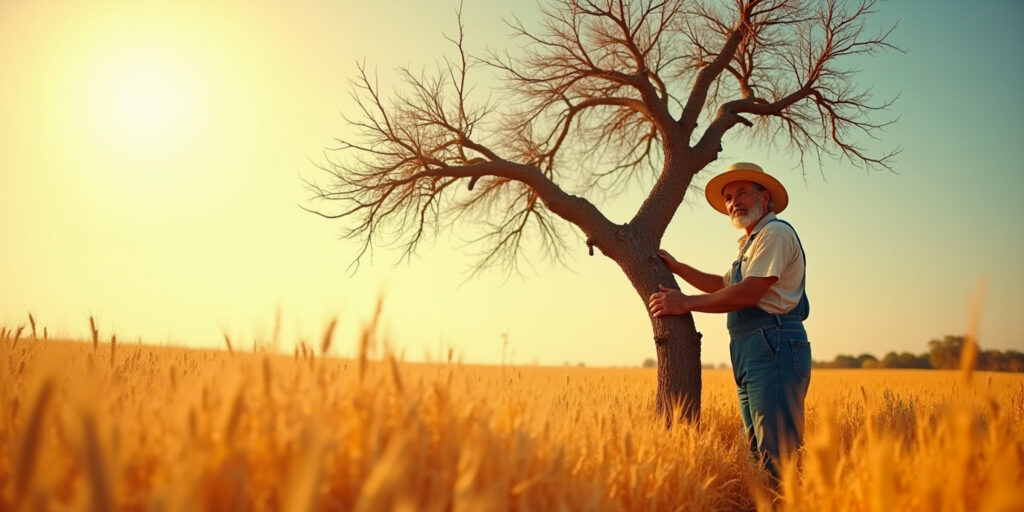What a strange passage from Luke’s Gospel that we’re invited to ponder on this third Sunday of Lent. It seems to be filled with contradictions, doesn’t it? On one hand, the disciples are trying to make sense of these very public tragedies suffered by the Galileans and those poor 18 people crushed by the falling tower. When they incorrectly propose to Jesus that these people suffered for their sins, Jesus says something fairly confusing in response.

While it was not for their sins that they suffered these events, nonetheless, the disciples and all those in the audience (including us) are warned that we never know the day or the hour when our lives will end, so we should always be ready by repenting of our moral lapses and the wrong we do. We should always be ready to ask for forgiveness, the chance to change, that we might grow and bear good and even better fruit.In this passage, there is a threatening tone in what Jesus says, warning the audience against moral complacency, or of taking their current circumstances of health or security for granted. He is challenging the tendency they have for judging the sufferings of others as if they were deserved, while living with blind spots about their own moral failings, hypocrisy, or infidelity.
But then, he continues in a way as if to contradict himself, sharing the parable of the fig tree owner and his gardener. Instead of using a threatening tone, warning the audience of the impatience of the property owner and his readiness to take action to cut down the tree, he takes a different tone. The gardener pleads with the property owner, that even though he has already been so patient as to give the fig tree three years to bear fruit, the gardener believes that with the right kind of tending, another year might be enough to generate change. Using the figure of the owner to suggest the importance of having standards, setting limits, and looking for results, Jesus expresses through the gardener the importance of also providing the nurturing and patient care and favorable conditions that help growth and fruitfulness over time.
What do we make of this passage as people entrusted with the leadership and with the learning, growth, and performance of others? Like the owner of the garden, we look for the trees to bear fruit, for produce and productivity from the people on our teams and in our organizations. So we have expectations, objectives, standards for quality, and timelines. And like the gardener, we also know we have to serve the growth and fruitfulness or productivity of the people in our charge by supplying resources, by exercising good judgement to adjust expectations, and at times to prune away the demands that are draining life away. Jesus emphasizes that this all requires time: understanding something of a person’s past; belief in that person’s future potential, and contrary to our fanaticism for efficiency and instant results, a patient accompaniment alongside a person over the “long haul.”
This combination of the right proportion of challenges and supports, and faithfulness over time, creates what is known as the “holding environment,” that is, the context and conditions for growth described by renowned adult development psychologist, Robert Kegan, of Harvard University. By implication, how are we blending the appropriate challenges and supports, often through constructive and critical feedback, to support the growth of our people? How are we demonstrating our long term faithfulness to people, especially when they make mistakes or fail to bear fruit? And finally, how do we discern when enough is enough, and it is time to cut the tree in order to turn our attention and efforts elsewhere? No easy answers, of course, but Jesus does not promise that gardening or leadership for the Kingdom of God will be easy.
With you on the road,




